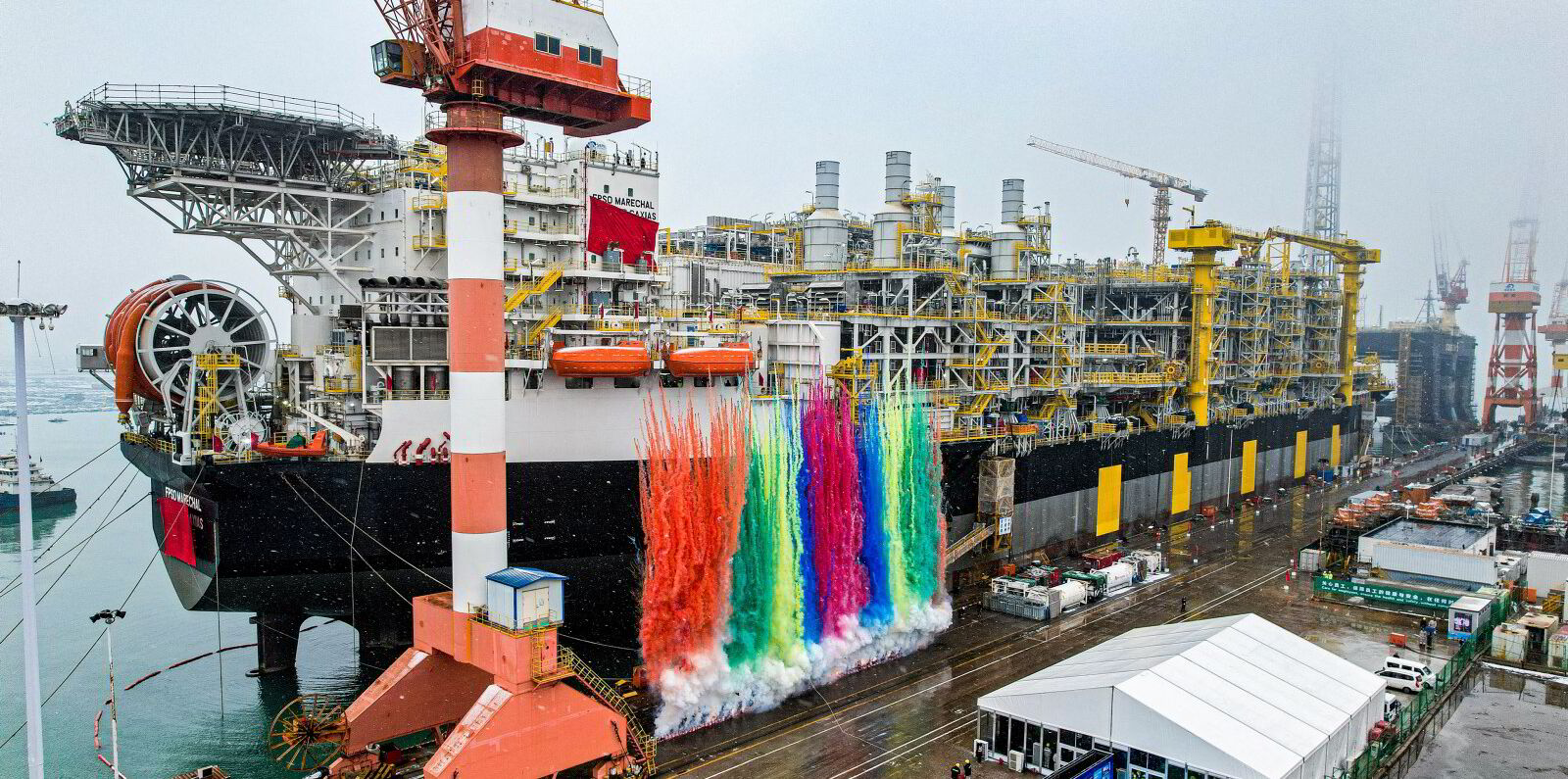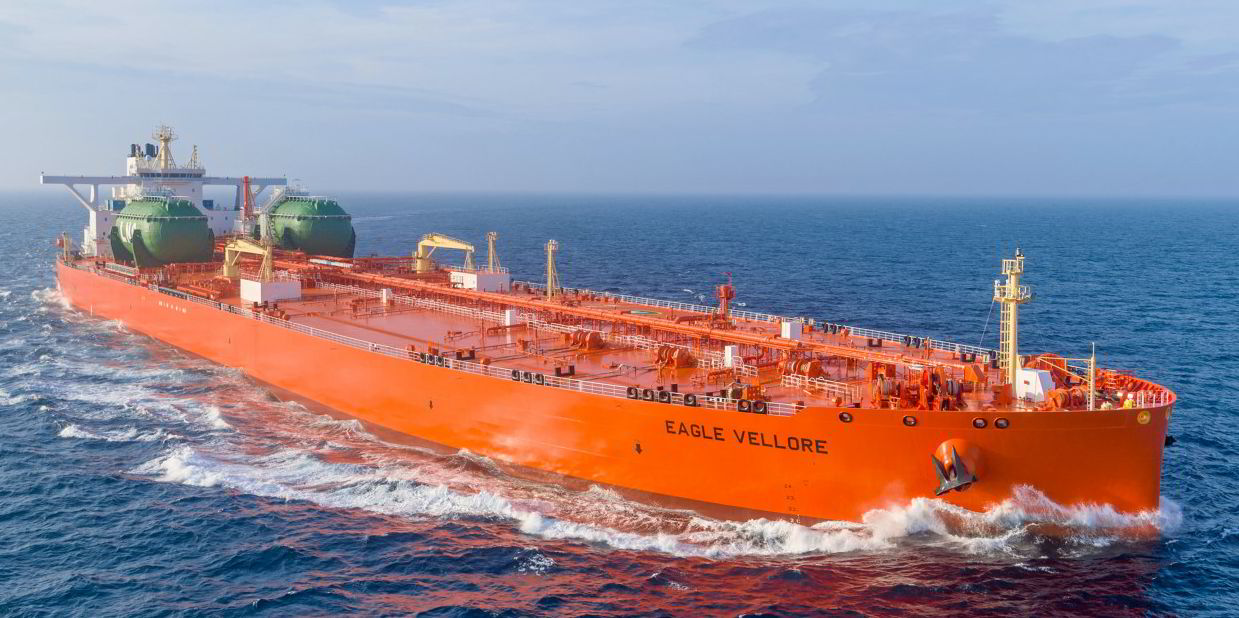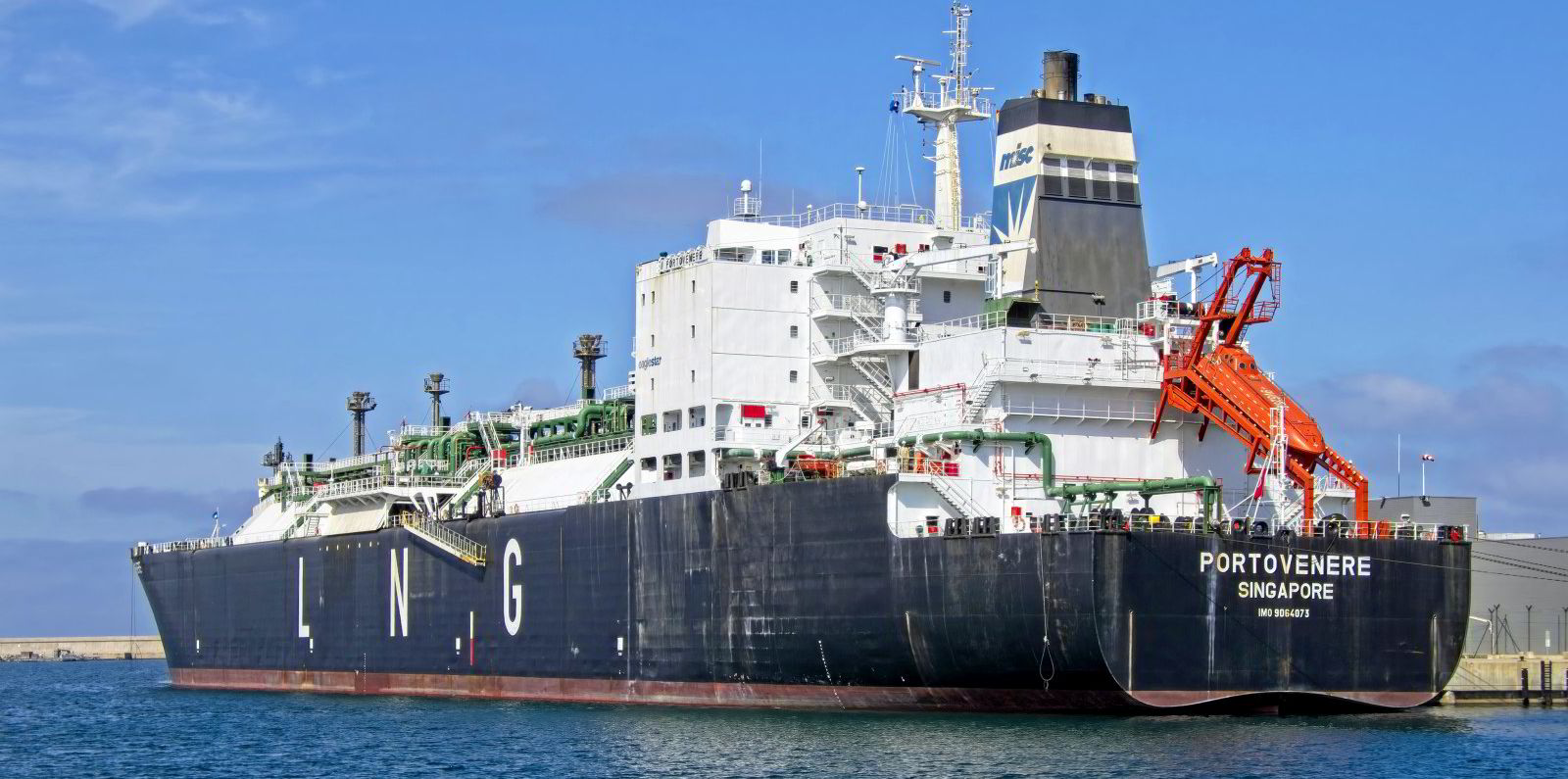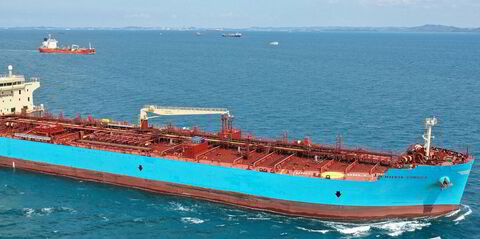Malaysia’s MISC has been linked to the acquisition of a stake in a compatriot floating production, storage and offloading vessel owner, prompting talk of a potential takeover.
Reports in the domestic financial media claimed that “base-level negotiations” had taken place for a possible acquisition of a substantial stake in Bumi Armada.
MISC, with interests in tankers, LNG and shipyards, was quick to dismiss talk of any potential tie-up in a statement to the Malaysian stock exchange.
“In reference to the article in The Edge Malaysia which speculates on the possibility of MISC undertaking a corporate transaction involving Bumi Armada Berhad, the company wishes to clarify that whilst MISC continues to explore growth opportunities, in its ordinary course of business, there is currently no development within any opportunity that would necessitate disclosure,” it said.
Analysts also poured cold water on the potential for a deal, arguing that there is a “lack of financial synergies” in the non-FPSO segments.
“While there are complementary areas and synergies, we believe the stumbling blocks for such a merger are too great,” said UOB Kay Hian analyst Kong Ho Meng.
“It may make better sense and positive market reaction should both companies form joint ventures for certain segments, such as new energy/decarbonisation, or collaborate to bid for new FPSOs.”
Ho Meng said that theoretically, combining the 13 and eight offshore assets of MISC and Bumi Armada respectively could create an FPSO behemoth with a fleet size equivalent to Modec, the largest player globally.
In addition, although MISC is well established in Malaysia, Thailand, Vietnam and South America, it is not strong in Indonesia, and it has attempted to break into the African FPSO market to solidify its branding.
“Bumi Armada on the other hand has a strong presence in India and Indonesia, Africa and the North Sea, while it lacks market presence in Malaysia and the Americas,” the analyst said.
“Regardless of the speculation, we still like MISC as an undervalued stock on a price-to-book basis relative to peers,” Ho Meng said.
“MISC will have near-term strong Ebitda from the petroleum’s upcycle earnings, followed by a boost in mid-term earnings base due to FPSO Mero-3, and its 2030 targets show it still has long-term growth.”
MISC’s 2030 targets are to deliver 50% growth from the 2022 adjusted operating cash flow baseline of MYR 5.7bn ($1.2bn), with half of that growth to come from clean/new energy.
TradeWinds reported this week that MISC was poised to make a move on LNG carrier newbuildings and had set aside berths for tonnage.
Industry sources claim that it has signed a letter of intent at South Korea’s Samsung Heavy Industries for two ships.





